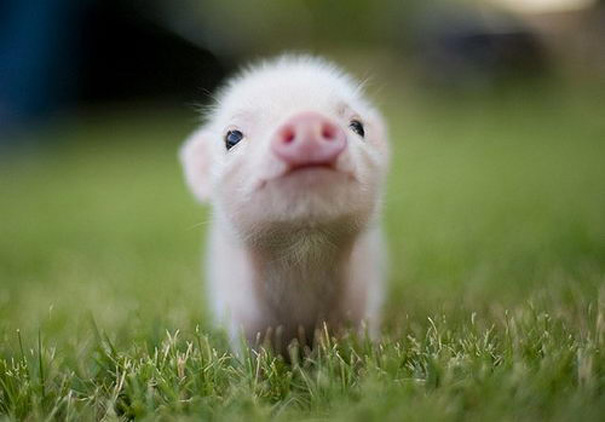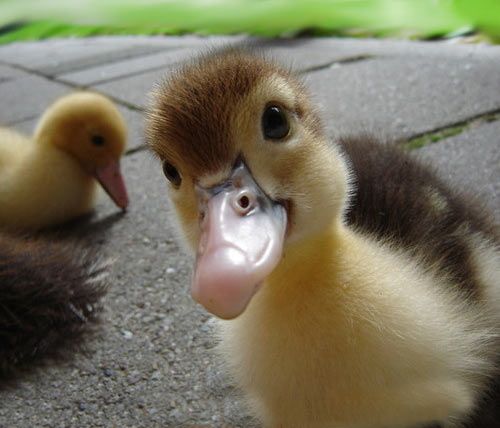
Looking at baby animal photos can actually increase your productivity
If scrolling through pictures of cute puppies and happy goats gives you that warm fuzzy feeling you’re not alone.
It can be so easy to get lost in all the big eyes and fluffy tails, but don't worry, you're actually doing yourself a favour.

New research has revealed that this enjoyable pastime can actually make you more productive.
Yep.

Researchers at Hiroshima University showed three groups people a series of images before asking them to complete a task similar to the board game Operation.
The first group were shown pictures of delicious food, the second were shown photographs of fully grown animals while the third group were shown images of baby animals.
Turns out the group exposed to the cute and cuddly bay animal pictures actually outperformed the other when it came to dropping the tiny body part into the holes.

Now for the science. According to Red Online, the researchers behind the study explained that human are naturally programmed to be more alert when their nurturing instincts are stimulated – which actually makes a lot of sense.
Scientist, Simon Watt explained to the BBC: 'Human babies are born too early to be independent and so we have evolved as a species to make nurturing them one of our priorities.’’
‘’Caring for babies not only involves tenderness but also requires vigilance against possible threats.’’

So, scroll away till your heart's content, and if your boss says anything, just tell them it's actually been proven to increase productivity!
















